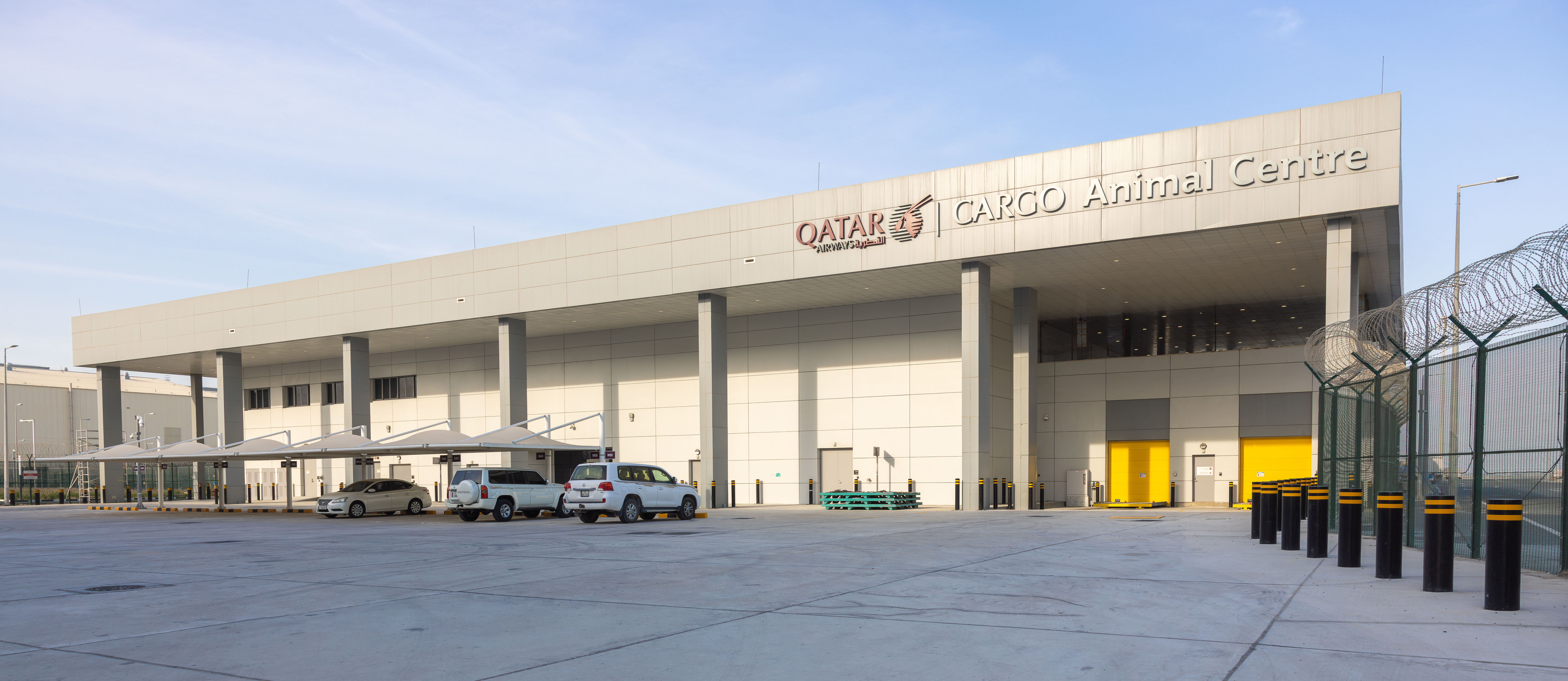The Australian Competition and Consumer Commission is escalating its crackdown on so-called drip pricing – the practice of airlines and other online retailers of failing to disclose the full price of travel until the very end of a booking process – following an important court victory last week.
The ACCC says it is “sweeping a range of websites and mobile apps” as part of the International Consumer Protection and Enforcement Network’s annual internet sweep, involving more than 50 consumer protection agencies around the world.
It says the crackdown is targeting online retailers of flights, accommodation, cruises, ferries, trains, buses, vehicle hire, car parking and entertainment ticketing.
The ACCC last week won a 12-month legal battle against Jetstar and Virgin Australia on alleged drip pricing, even though Federal Court Justice Lindsay Foster found Virgin not guilty of most of the charges brought against it.
The case focused on the $8.50 per sector surcharge at Jetstar and the $7.70 surcharge at Virgin, termed a “booking and service fee”. Only Qantas still refers to its booking fee as a “card payment fee” – the phrase used by all airlines until the ACCC began taking an interest.
“While the Court found that the ACCC had not established all of the allegations against Jetstar and Virgin, the findings that some of their conduct was misleading are significant,’’ said ACCC chairman Rod Sims.
In responses to questions from AirlineRatings.com, Sims said: “We have had wide concerns across a number of industries [about drip pricing]. We considered the conduct by these two firms [Jetstar and Virgin], however, to be some of the most concerning.
“We have been engaging with many firms who have, as a consequence, made helpful changes. We will continue to monitor this issue to ensure companies do meet their legal obligations in light of this court decision.”
Jetstar said it welcomed the Federal Court’s ruling. “We want our customers to clearly understand all fees and charges associated with their booking and that’s why we have progressively made changes to make it clearer at every step of the booking process what charges may apply,’’ the spokesman said.
Virgin said the Federal Court has found in favour of the airline on five of the six claims made by the ACCC. “The one claim on which the Federal Court found in favour of the ACCC related to the disclosure of the booking and service fee on Virgin Australia’s mobile website. Virgin Australia is reviewing the judgment and considering its position on this aspect,’’ a spokesman said.
“Virgin Australia is committed to ensuring that its booking and service fee is fair and simple for consumers to understand, while providing a fee-free payment option on the Virgin Australia website and mobile website.”
However, the idea that air fares will fall anytime soon as a result of this case or the Australian government’s decision to ban retailers, including airlines, from profiteering on credit card interchange fees is fanciful.
“Booking and service fees” are just one of the devices airlines are now using – without which they would be losing money.
Airlines globally now raise an estimated $US38.1 billion a year from such so-called ancillary revenue – “services” that cost next to nothing to provide. That’s $9 billion more than the industry is expected to make in profits this year.
Both major Australian airline groups appeared before the Senate Standing Committee on Economics on November 9 where they indicated they had no intention of foregoing such revenue and argued that their credit card surcharges did not recover the full cost of the information technology systems used to sell tickets online.
That directly contradicts claims by consumer groups such as Choice that retailers like Qantas pay less than 1% in merchant fees to the credit card companies they deal with and are charging markups of thousands of percentage points on credit card transactions.
“Qantas recovers less than its total of card acceptance through card surcharges,” Qantas group executive, Government and International Affairs, Andrew Parker, told the committee. “In fact in 2014-15, our analysis has shown that Qantas recovered 81 per cent of its reasonable cost of card acceptance (as defined by the Reserve Bank).
“Unfortunately this point is consistently ignored by Choice and other voices.”
Parker claimed all sorts of internal costs fell under the card processing fee. “It goes beyond merchant service fees, which vary between card types and includes people costs, processing costs, infrastructure, equipment, fraud, fraud prevention and other measures,” he said.
“In addition, there are substantial investments in ever-developing technology which benefits consumers as well as merchants and the overall payment system, and these are legitimately offset through surcharging.”
In other words, ancillary revenue is now so important to the airline it will simply call its card processing fee something else if the government attempts to ban profiteering on card transactions.
The Senate Standing Committee on Economics inquiry into credit card surcharging and other matters – which the government is waiting on before it makes a final decision on credit card merchant fees – was originally scheduled to report on November 23, but that deadline has been extended to December 3.























